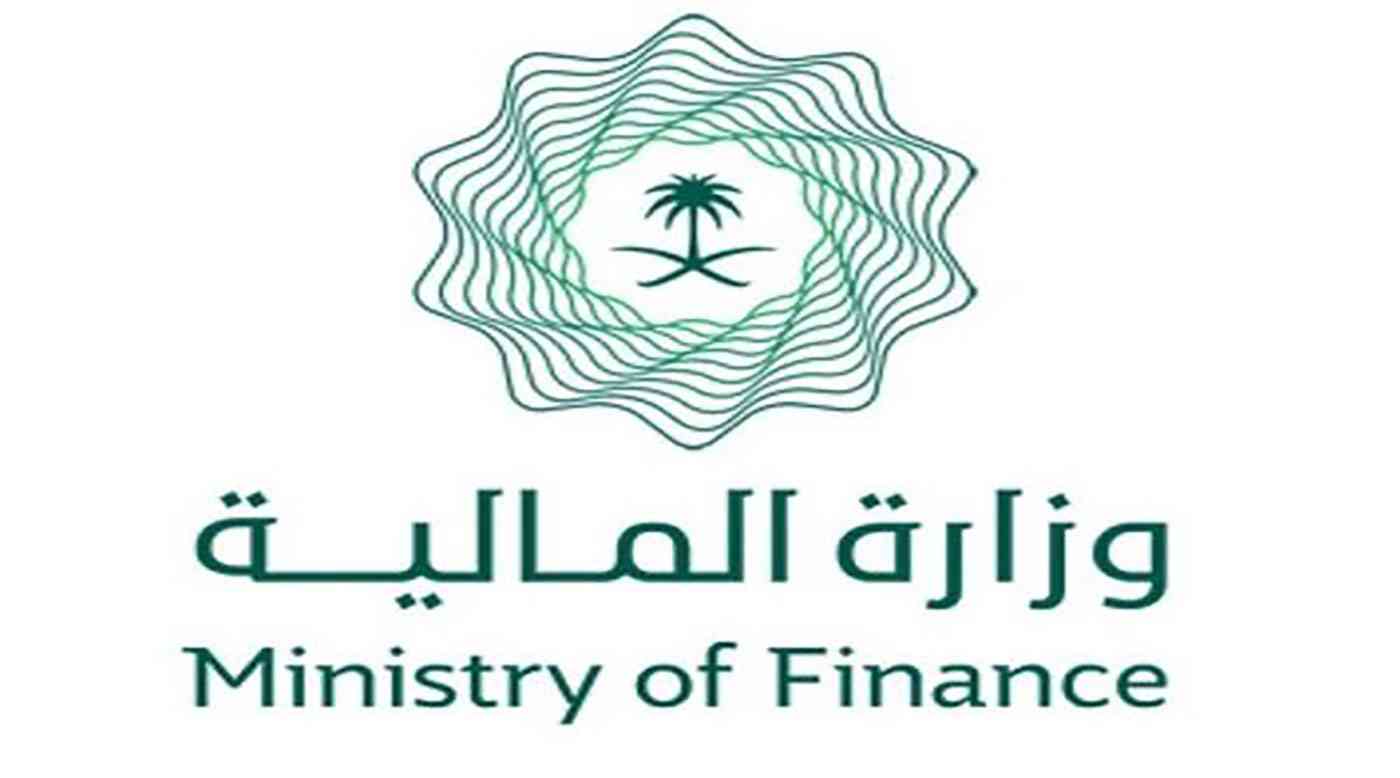Publisher: Maaal International Media Company
License: 465734
“Goldman Sachs”: Saudi Arabia wants a tight oil market
The American newspaper “The New York Times” considered that OPEC’s decision to extend oil production cuts until June was aimed at boosting oil prices, as demand growth remains modest. The Kingdom of Saudi Arabia said that it would extend oil production cuts until June, noting that the announcement came “in coordination with some” other countries. While oil-producing countries, including Kuwait and the UAE, said they would also continue their cuts.
Expected decision
The decision to maintain production cuts was expected and appears aimed at boosting oil prices. Some analysts expect that oil supply will exceed demand in the first half of this year. Without continued discounts, prices may fall.
اقرأ المزيد
Saudi Arabia described the step as “precautionary.” The Kingdom said in a statement carried by the official Saudi Press Agency that curbing oil production “aims to support the stability and balance of oil markets.” Saudi Arabia said that the one million barrels per day that it began reducing in July, “will be restored gradually, according to market conditions.”
For his part, Giacomo Romeo, an analyst at Jefferies Investment Bank, said that the decision confirms that the group is “in no hurry to restore” supplies. According to the report, countries outside OPEC, especially the United States, are increasing their production. Russia, a member of OPEC Plus, was able to produce more oil than some analysts expected after its war with Ukraine in 2022.
Oil demand growth is also expected to be modest this year at about 1.5 million barrels per day, or about 1.5% of global demand, according to Goldman Sachs. Sunday’s announcement follows an announcement by Saudi Arabia in January that it had decided to halt a plan to increase the amount of oil that Saudi Aramco can produce. Aramco had planned to be able to produce 13 million barrels per day, one million barrels per day more than it can currently produce. Goldman Sachs analysts said in a recent research note that this decision in January confirmed that Saudi Arabia “wants a tight oil market.”
In addition, Saudi Arabia appears to have decided, at least for now, that there is no point in spending billions of dollars so they can pump oil at higher levels. Oil prices have risen in recent weeks, partly due to fears that the impact of the war between Israel and Gaza will affect oil-producing countries in the Middle East. Brent crude, the global benchmark, was sold for about $83.55 at the end of last week, the highest level in about four months.
Analysts say price increases have remained modest so far because there has been no actual interruption in oil production as a result of the fighting. Instead, OPEC and its allies are voluntarily withdrawing oil from the market. In November, several OPEC+ members, including the United Arab Emirates, Iraq and Kuwait, joined Saudi Arabia in agreeing to new cuts. Analysts add that the millions of barrels that these countries will stop from the market can be used in emergency situations to cover most potential disturbances.
Oil market
Speaking about the general features of the oil market during the current year, analysts expected that oil prices would remain within their range or trend toward decline compared to 2023. They considered that the imminent recession, a deep slowdown in the major economies of the world, demand for crude less than expected from China, and a decline in production , a distinctive feature of the oil markets in 2024.








